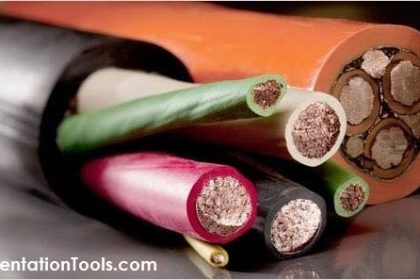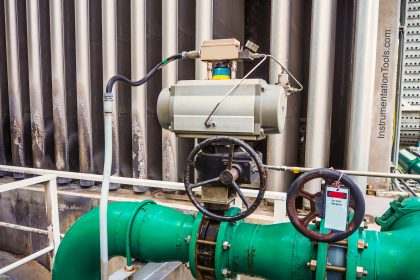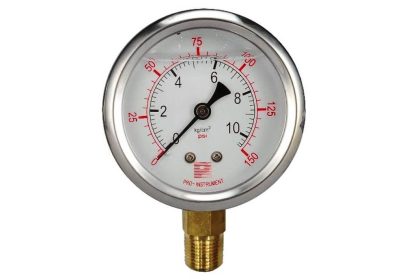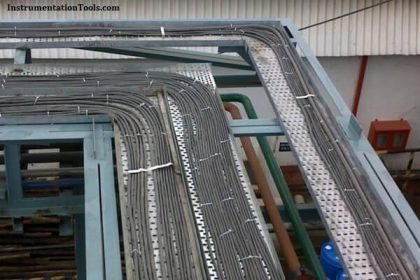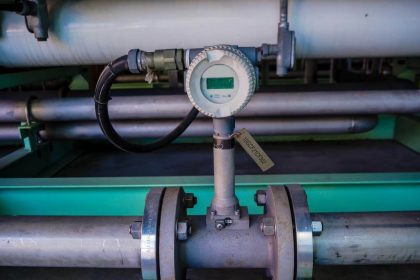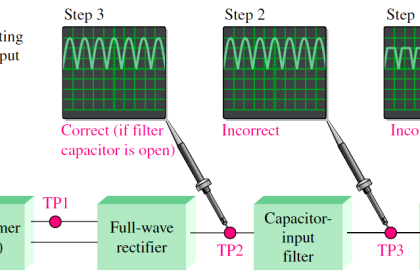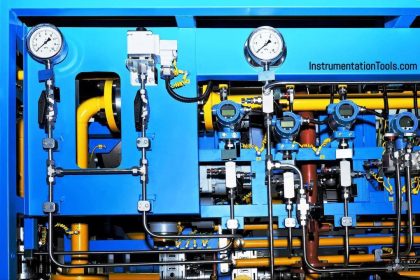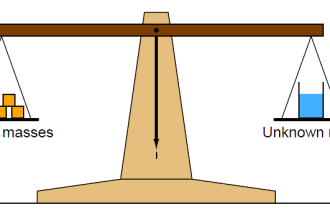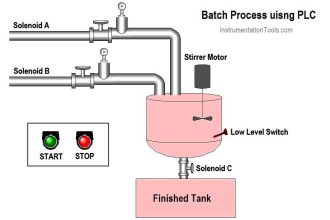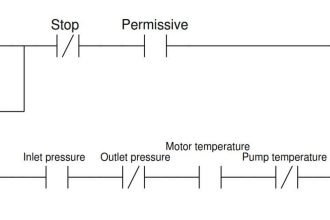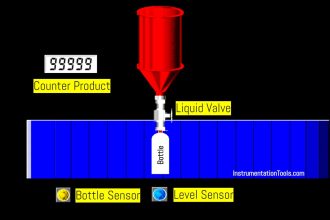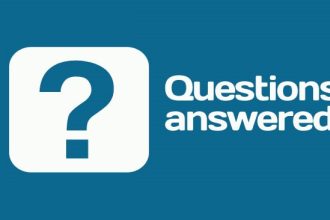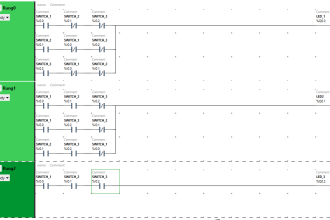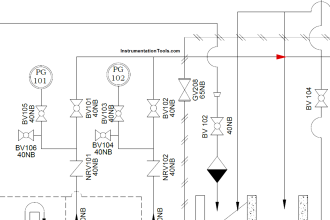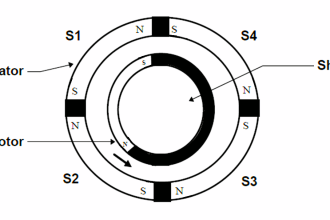Selecting Magflow Flow Meters
he main questions which need to be considered before selecting a magnetic flow meter:
- – Is the fluid conductive or water based?
- – Is the fluid or slurry abrasive?
- – Do you require an integral display or remote display?
- – Do you require an analogue output?
- – What is the minimum and maximum flow rate for the Magmeter?
- – What is the minimum and maximum process pressure?
- – What is the minimum and maximum process temperature?
- – Is the fluid chemically compatible with the Magflo flow meter wetted parts?
- – What is the size of the pipe?
- – Is the pipe always full?
Selecting Turbine Flow Meters
The main questions which need to be considered before selecting a turbine flow meter:
- – Is the fluid clean; are there any solids present?
- – What is the viscosity of the fluid at the operating temperature?
- – What is the degree of accuracy required?
- – What is the maximum pressure drop allowed across the turbine meter?
- – What is the minimum and maximum working flow range?
- – What is the minimum and maximum process pressure?
- – What is the minimum and maximum process temperature?
- – Is the fluid compatible with stainless steel?
- – What type of connection is required?
Selecting Vortex Flow Meters
The main questions which need to be considered before selecting a vortex flow meter:
- – What is the minimum and maximum working flow range?
- – What is the minimum and maximum process pressure?
- – What is the minimum and maximum process temperature?
- – What is the preferred pipe size?
- – What is the degree of accuracy required (full scale or reading)?
- – What is the maximum pressure drop allowed across the vortex meter?
- – Is pressure and temperature compensation required?
- – Is the fluid compatible with stainless steel?
Selecting Oval Gear Flow Meters
The main questions which need to be considered before selecting an oval gear flow meter:
- – What is the viscosity range of the fluid being metered?
- – What is the minimum and maximum working flow range?
- – Is the fluid clean; are there any solids present?
- – What is the minimum and maximum process pressure?
- – What is the minimum and maximum process temperature?
- – What is the degree of accuracy required?
- – Is an output required and, if so, what type?
- – Is the meter operating in a hazardous area?
- – Are specific approvals (eg ATEX) required?
- – Is a flow instrument required?
- – What type of connection is required?
Selecting Coriolis Mass Flow Meters
The main questions which need to be considered before selecting a coriolis flow meter:
- – What is the mass flow range?
- – What is the density of the fluid at the working temperature / pressure?
- – What is the viscosity of the fluid?
- – What accuracy range is required?
- – Is any air present in the liquid?
- – Are flow & mass flow output required?
Selecting Thermal Mass Flow Meters
The main questions which need to be considered before selecting a thermal mass flow meter:
- – What is the mass flow range?
- – Are the thermal properties of the gas known and consistent?
- – What accuracy range is required?
- – Is any moisture present in the gas?
- – Are flow & mass flow output required?
Selecting Ultrasonic Flow Meters
The main questions which need to be considered before selecting a ultrasonic flow meter:
- – What is the minimum and maximum flow rate for the flow meter?
- – Is the pipe material compatible with ultrasonic measurement (eg concrete, fiberglass and plastic lined pipes may be incompatible)?
- – Are there any air spaces in the pipe?
- – Does the fluid contain particulates or bubbles and, if so, of what size and distribution?
- – What is the minimum and maximum process pressure?
- – What is the minimum and maximum process temperature?
- – What accuracy range is required?
Selecting Ultrasonic Flow Meters
The main questions which need to be considered before selecting a rotameter or variable area (VA) flow meter:
- – Is the fluid liquid or gas?
- – What is the minimum and maximum working flow range?
- – What is the density of the fluid at the working temperature / pressure?
- – What is the viscosity of the fluid?
- – What accuracy range is required from the flow meter?
- – What is the maximum operating pressure?
- – What is the maximum operating temperature?
Selecting Paddle Wheel Flow Meters
The main questions which need to be considered before selecting a paddle wheel flow meter:
- – Is the liquid clean; are there any solids present?
- – What is the preferred pipe size?
- – What is the minimum and maximum flow rate for the paddlewheel meter?
- – What is the minimum and maximum process pressure?
- – What is the minimum and maximum process temperature?
- – What is the pipe work material?
- – What is the required accuracy?
- – Is the pipe always full?
- – Is an output required and, if so, what type?
- – Is local indication required?
